
Click on each piece of chocolate to look under it and download free resources!















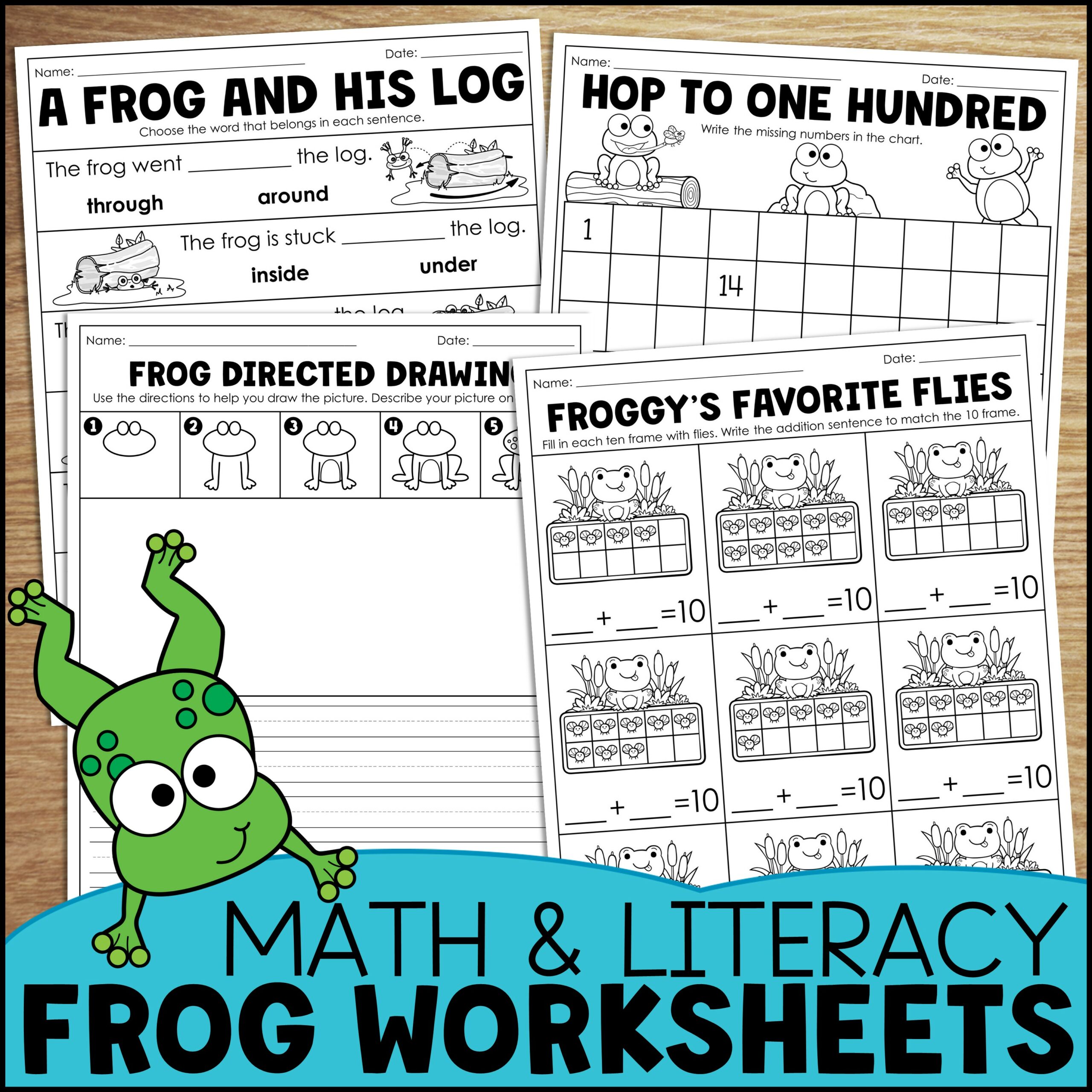

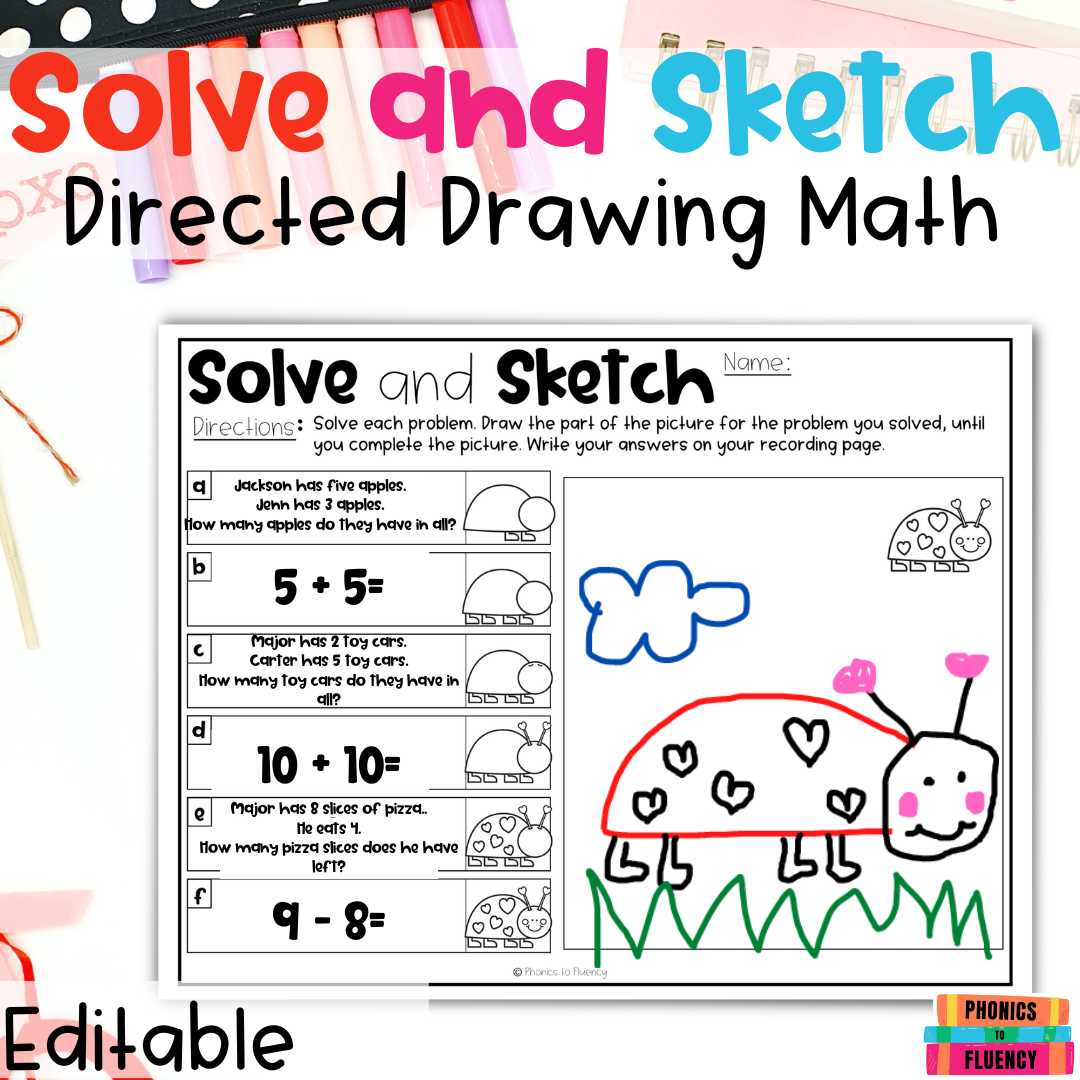



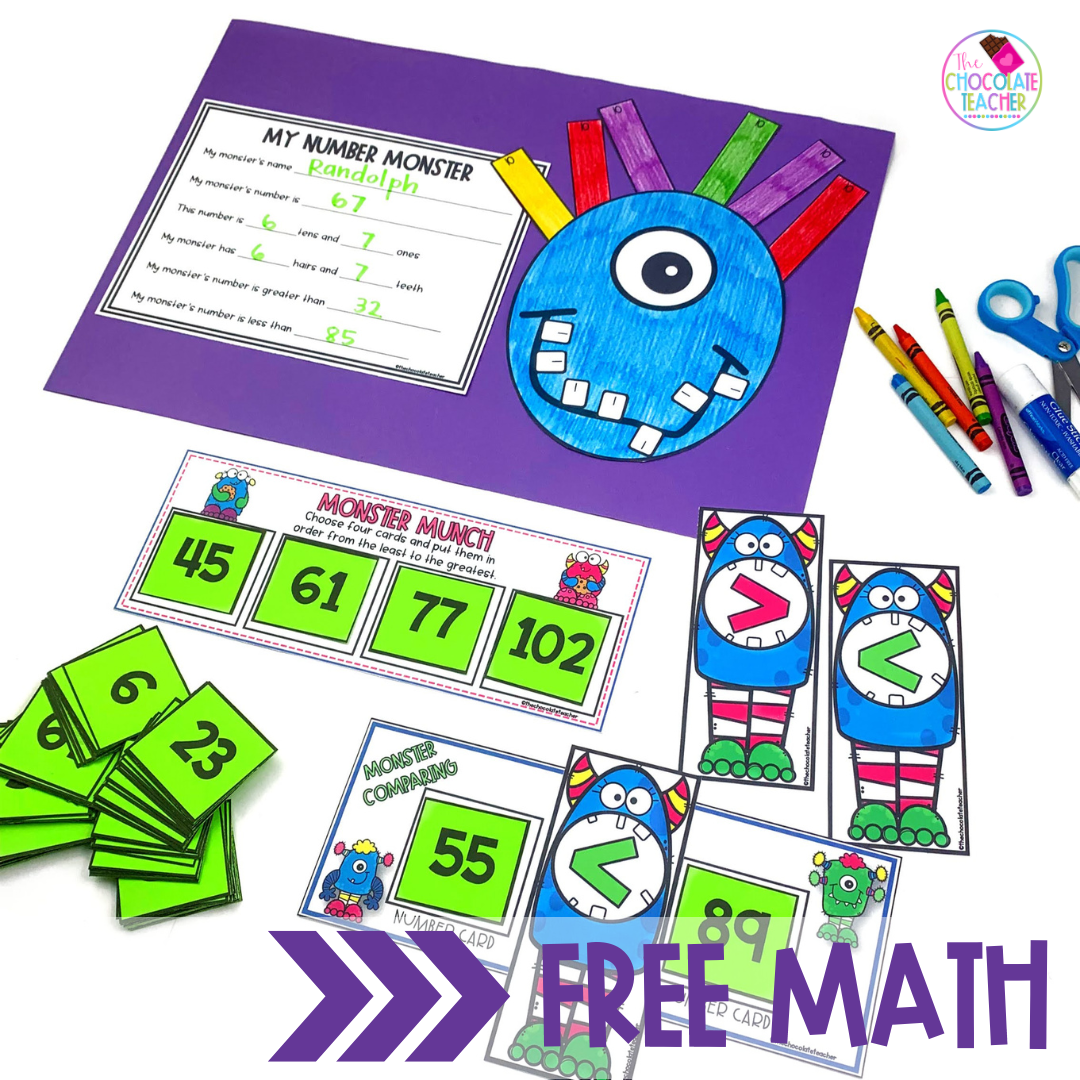

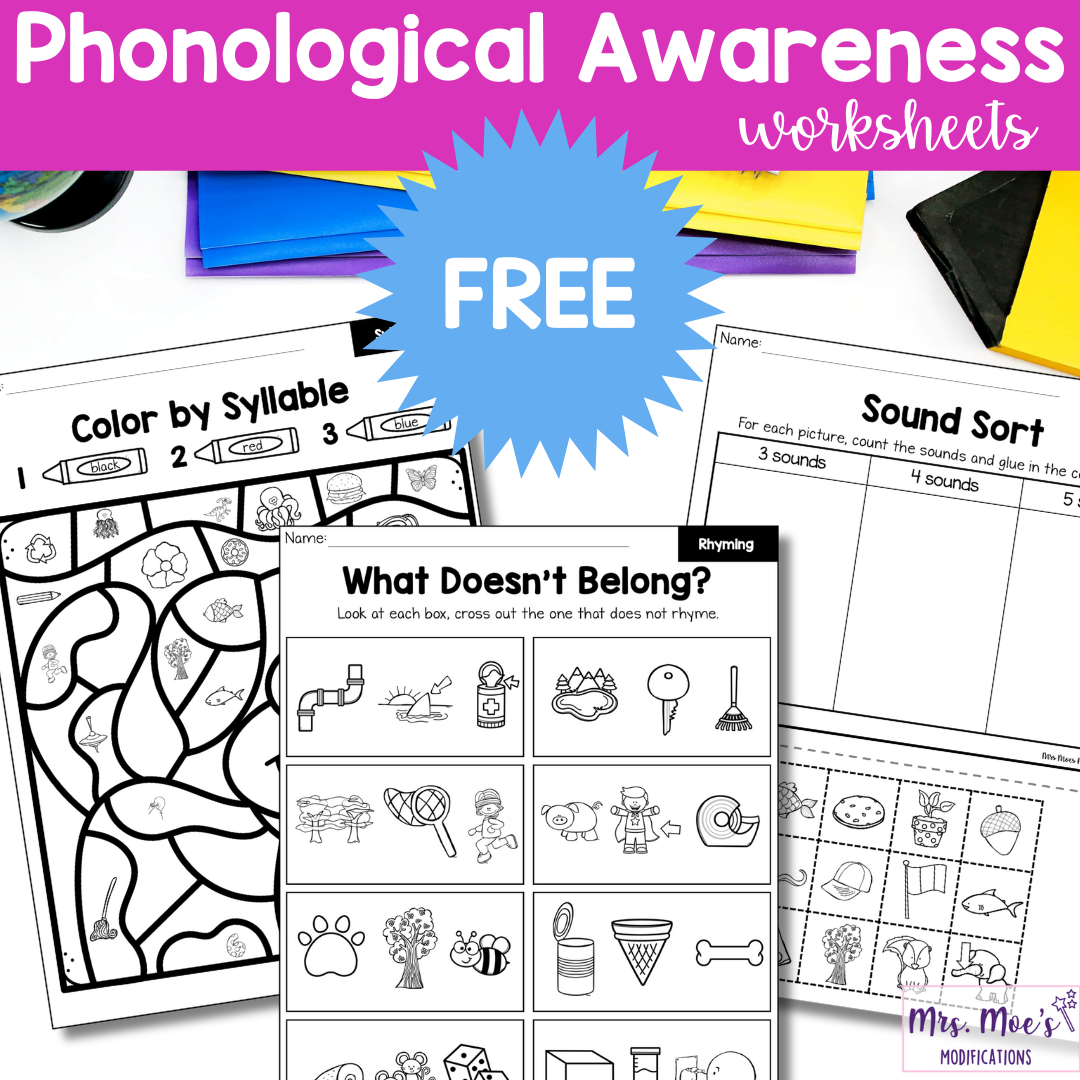



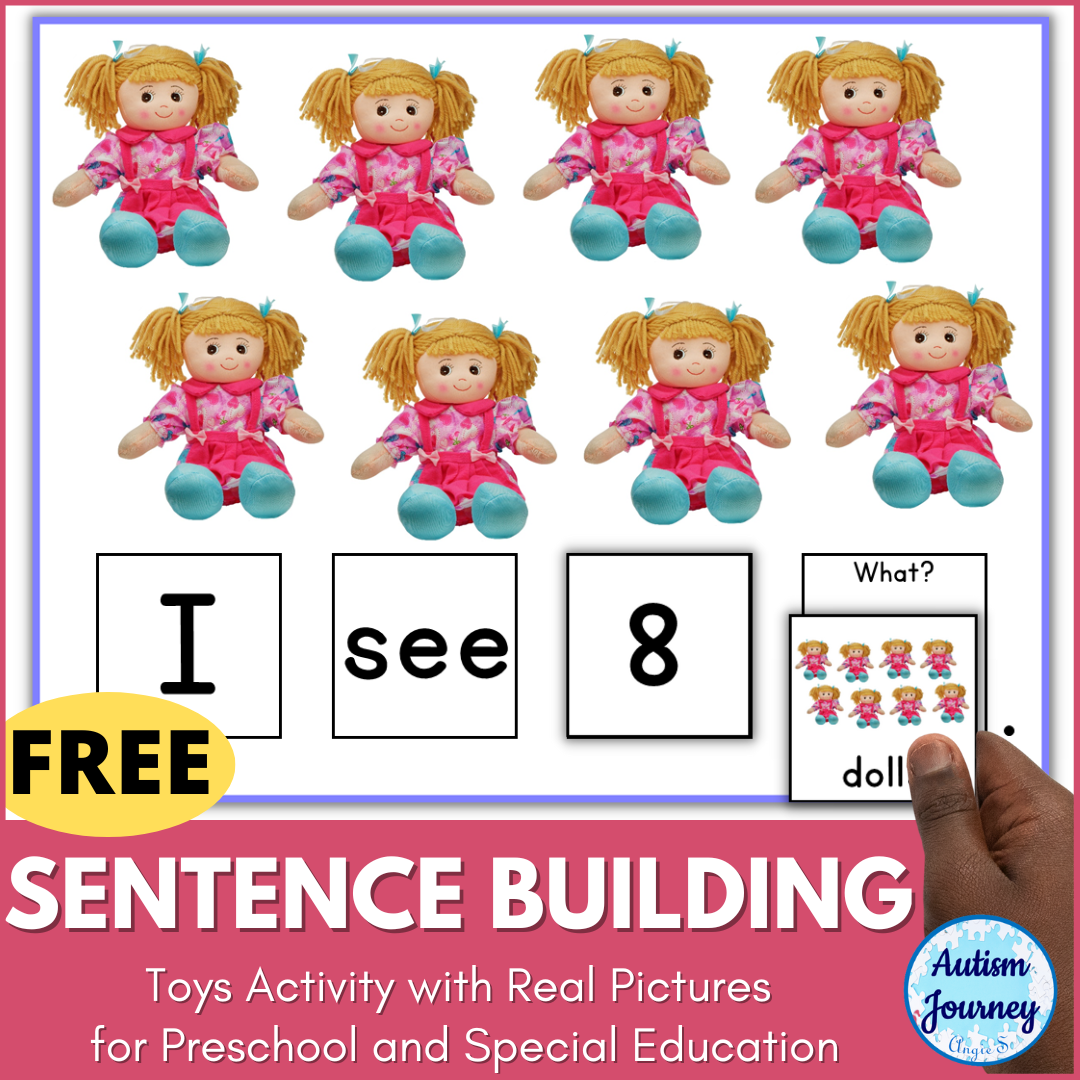


READ THE LATEST FROM THE BLOG
3 Simple Reasons Why the Alphabetic Principle is Important
The alphabetic principle is the fundamental concept that letters and combinations of letters represent sounds in spoken language. This principle is crucial for developing reading and writing skills, particularly for children learning to read. In this blog post, we will explore three simple reasons why the alphabetic principle is important. By the end of this post, you will understand the significance of the alphabetic principle and its role in fostering literacy development.
How Phonics Supports the Science of Reading
The Science of Reading has gained a lot of popularity over the last few years. The tricky thing is there is no definition for the term. In the most non-specific terms, you will probably ever see in the realm of education, the science of reading refers to research that experts have conducted on how we learn to read. So in theory, the science of reading should be combining all reading best practices together.
135 Short Vowel Words You Need for Teaching Beginning Readers
When you’re planning phonics instruction for your students, it is important to select words they will encounter regularly that are also decodable. Here is a list of short vowel words to pull from when creating your phonics activities.



